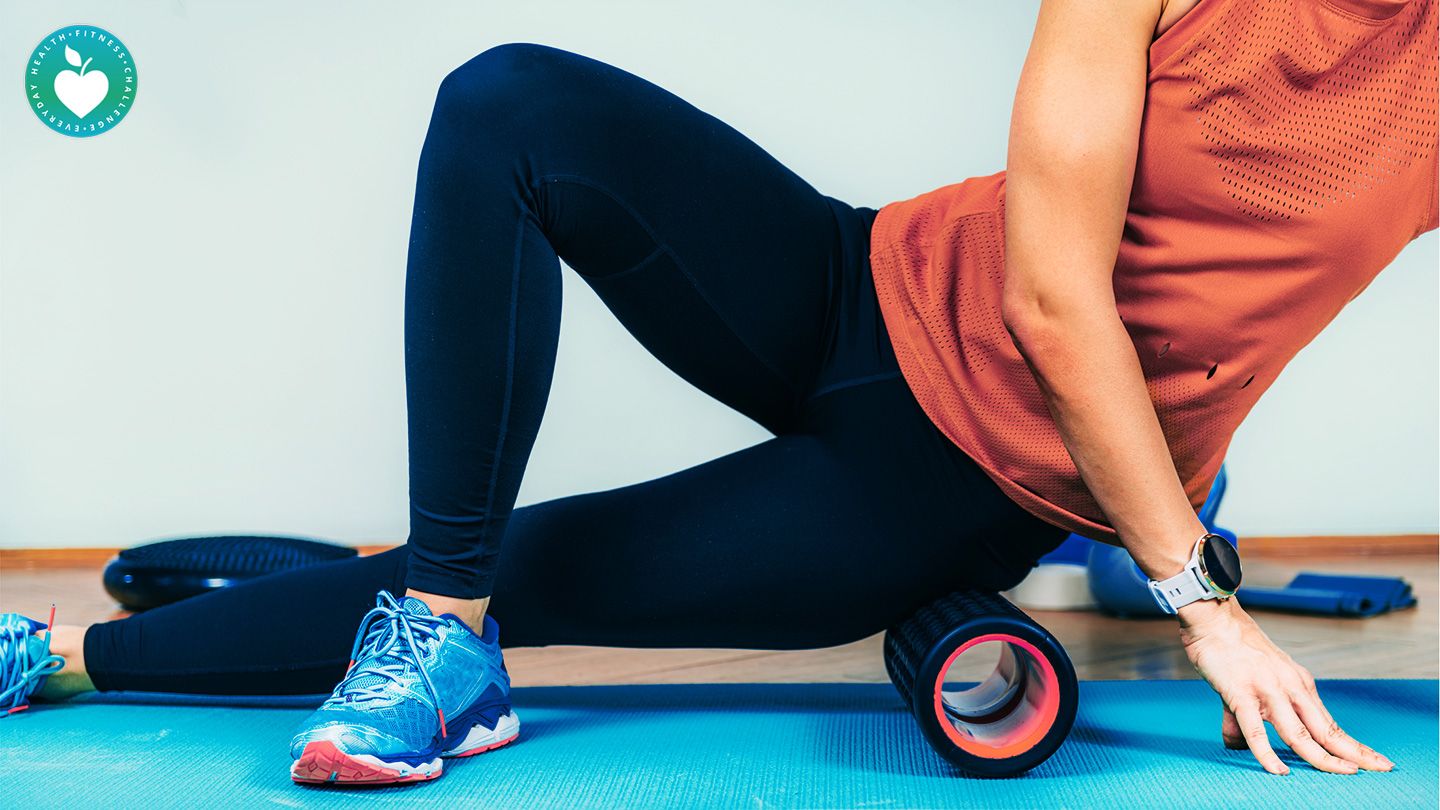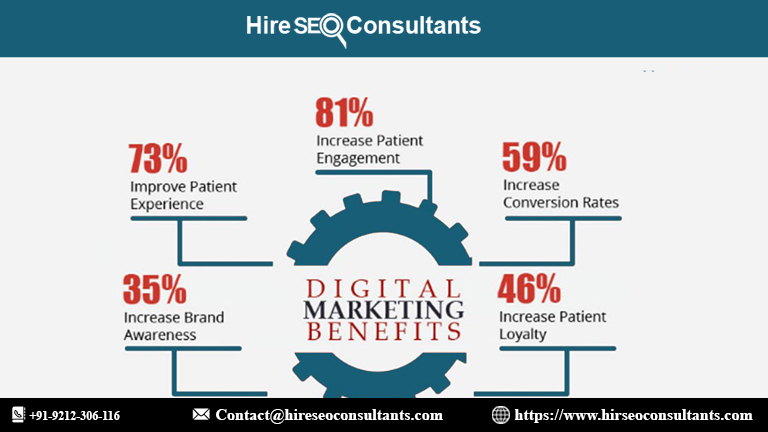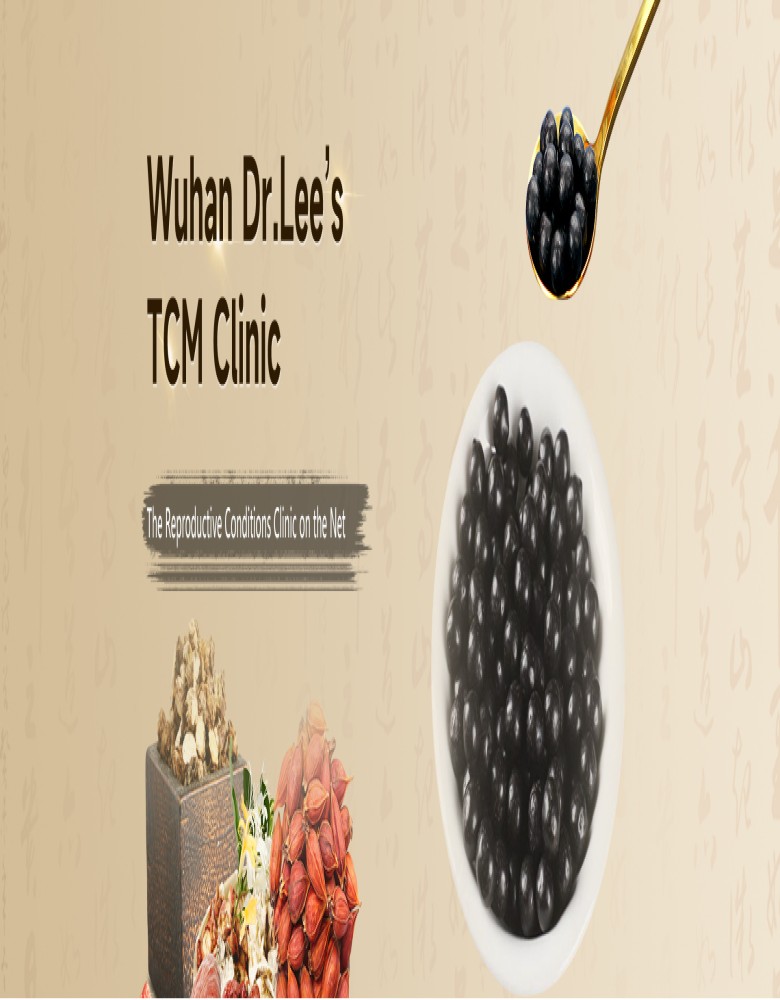assessing the Efficacy of Recovery and Self-Care Methods in Enhancing Health and Fitness
Explore the effectiveness of health and fitness recovery methods. Learn how they enhance you Health and Fitness Recovery Methods

In today's fast-paced world, maintaining good health and fitness is a priority for many. With the ever-increasing demands of work, family, and daily life, it's essential to find effective recovery and self-care techniques that promote overall well-being. In this article, we will delve into the world of health and fitness, exploring a range of recovery and self-care methods and evaluating their effectiveness. From traditional practices to modern trends, we'll provide insights to help you make informed decisions about your health journey.
The quest for health and fitness is a lifelong journey, and recovery and self-care play pivotal roles in achieving and maintaining optimal well-being. In this comprehensive article, we will explore various aspects of recovery and self-care techniques, ranging from the importance of sleep and nutrition to alternative therapies and the impact of technology.
Understanding Recovery and Self-Care
Before diving into the effectiveness of different techniques, let's define what recovery and self-care mean in the context of health and fitness. Recovery encompasses activities and practices aimed at helping the body and mind recuperate after physical or mental stress. Self-care, on the other hand, involves deliberate actions taken to promote well-being, both physically and mentally.
Importance of Recovery in Health and Fitness
Recovery is not just a luxury; it's a necessity for anyone on a health and fitness journey. It allows the body to repair and grow, preventing injuries and burnout. Moreover, it aids in mental rejuvenation, reducing stress and enhancing overall quality of life.
The Power of Sleep
Hitting the Reset Button: Importance of Sleep
Sleep is the body's natural reset button. It is during sleep that the body repairs tissues, consolidates memories, and regulates hormones. Inadequate sleep can lead to a plethora of health issues, including weight gain, decreased cognitive function, and mood disturbances.
Tips for Quality Sleep
To optimize sleep, establish a consistent sleep schedule, create a comfortable sleep environment, and limit exposure to screens before bedtime. Additionally, practicing relaxation techniques like deep breathing can improve sleep quality.
Nutrition for Recovery
Fueling Your Body Right
Nutrition is a cornerstone of recovery. Properly fueling your body with the right nutrients ensures that it has the building blocks needed for repair and growth. Include a balanced mix of macronutrients and micronutrients in your diet.
Superfoods for Optimal Recovery
Certain foods, such as berries, fatty fish, and leafy greens, are rich in antioxidants and anti-inflammatory compounds. These superfoods can aid in reducing inflammation and promoting faster recovery.
Physical Activity and Rest
Finding the Right Balance
While physical activity is essential for health and fitness, it's equally important to allow your body to rest. Overtraining can lead to fatigue and injuries. Strike a balance between exercise and rest.
Active Recovery Techniques
Active recovery involves low-intensity activities like walking or yoga that promote blood flow without causing additional stress to the body. Incorporating active recovery into your routine can accelerate healing.
Mindfulness and Stress Reduction
Mind-Body Connection
Stress can take a toll on both physical and mental health. Mindfulness practices, such as meditation and deep breathing, can help reduce stress levels and improve overall well-being.
Techniques for Stress Reduction
In addition to mindfulness, techniques like progressive muscle relaxation and journaling can be effective in managing stress. Experiment with different methods to find what works best for you.
Hydration and Its Role
Water: The Elixir of Life
Proper hydration is often underestimated. Water is crucial for various bodily functions, including nutrient transport and toxin removal. Dehydration can hinder recovery efforts.
Hydration for Recovery
Ensure you drink an adequate amount of water throughout the day, especially before and after exercise. Electrolyte-rich beverages can also help replenish lost minerals during intense workouts.
Alternative Therapies
Massage Therapy
Massage therapy is a well-known recovery technique. It can improve circulation, reduce muscle tension, and promote relaxation. Consider regular massages as part of your self-care routine.
Acupuncture and Acupressure
These ancient therapies involve the stimulation of specific points on the body to alleviate pain and promote healing. Many individuals find relief from sore muscles and stress through acupuncture and acupressure.
Technology's Impact on Recovery
Wearable Fitness Gadgets
Wearable devices like fitness trackers and smartwatches can provide valuable data about your physical activity, sleep patterns, and heart rate. Use this information to tailor your recovery strategies.
Apps for Monitoring and Enhancing Recovery
Numerous mobile apps are designed to help you track your workouts, plan meals, and manage stress. These apps can be valuable tools in your health and fitness journey.
The Role of Social Support
Building a Supportive Network
Having a support system can make a significant difference in your ability to stick to a recovery and self-care routine. Surround yourself with friends and family who encourage your healthy choices.
Group Activities for Recovery
Consider joining group fitness classes or wellness clubs. These activities provide social interaction and motivation while promoting recovery.
Assessing Effectiveness
To determine the effectiveness of your chosen recovery techniques, track your progress using metrics such as improved sleep quality, reduced muscle soreness, and enhanced overall energy levels. Remember that personalization is key, as what works for one person may not work for another.
Challenges and Common Pitfalls
While recovery and self-care are essential, there are common challenges to be aware of. Overtraining can lead to injuries, and inconsistent self-care practices may hinder progress. Be mindful of these pitfalls on your journey
In the pursuit of health and fitness, recovery and self-care should not be overlooked. These practices are integral to maintaining a balanced and sustainable wellness routine. By implementing the techniques discussed.
Exploring Further
To deepen your understanding of recovery and self-care techniques, consider these additional resources:Books: There are numerous books dedicated to the topics of health, fitness, and well-being. Look for titles that align with your specific interests, whether it's nutrition, mindfulness, or exercise science.
Professional Guidance: Consult with healthcare professionals, nutritionists, personal trainers, and wellness coaches. They can provide personalized advice and guidance tailored to your unique needs and goals.
Fitness Classes: Participate in fitness classes or workshops that introduce you to new techniques and provide a supportive environment for your journey. Many studios offer classes in yoga, Pilates, meditation, and more.
Scientific Studies: Stay updated with the latest research in the fields of health and fitness. Scientific studies can offer evidence-based insights into the effectiveness of various recovery methods.
Online Communities: Join online forums, social media groups, or websites dedicated to health and fitness. Engaging with like-minded individuals can provide motivation, inspiration, and a platform for sharing experiences.
Tracking Apps: Use fitness and wellness apps to monitor your progress. These apps often include features for tracking workouts, nutrition, sleep patterns, and even stress levels.
Workplace Wellness Programs: Many workplaces offer wellness programs that promote health and fitness among employees. Take advantage of these resources if they're available to you.
Your Health, Your Journey
Remember that your health and fitness journey is unique to you. What works best may evolve over time, and it's okay to experiment with different techniques until you find the combination that suits you best. Listen to your body, prioritize self-care, and make informed choices that contribute to your overall well-being.
In summary, effective recovery and self-care techniques are vital components of a healthy and fit lifestyle. By embracing a holistic approach that encompasses sleep, nutrition, physical activity, mindfulness, and more, you can achieve lasting health benefits. Don't hesitate to seek guidance, stay informed, and connect with a community of individuals who share your goals. Your journey to better health begins with the first step, and with dedication
What's Your Reaction?

















